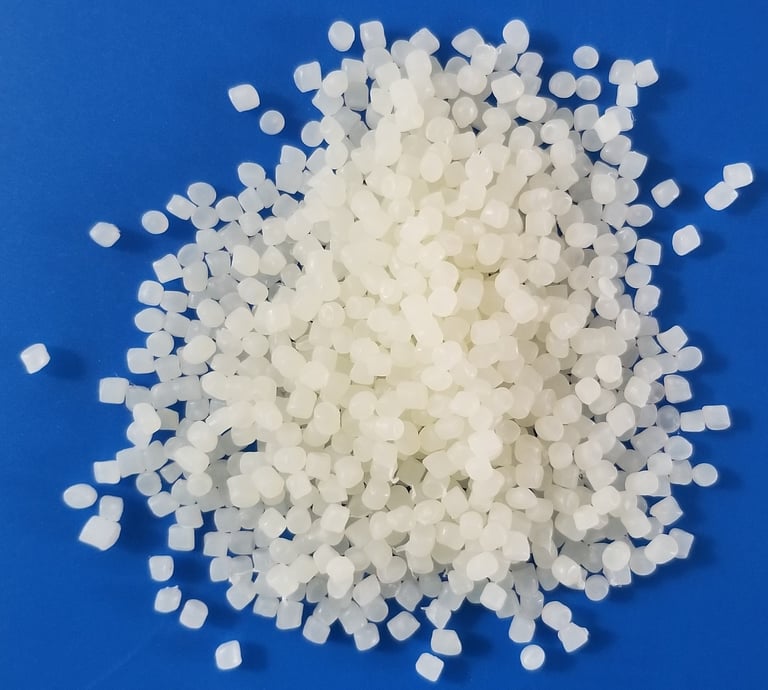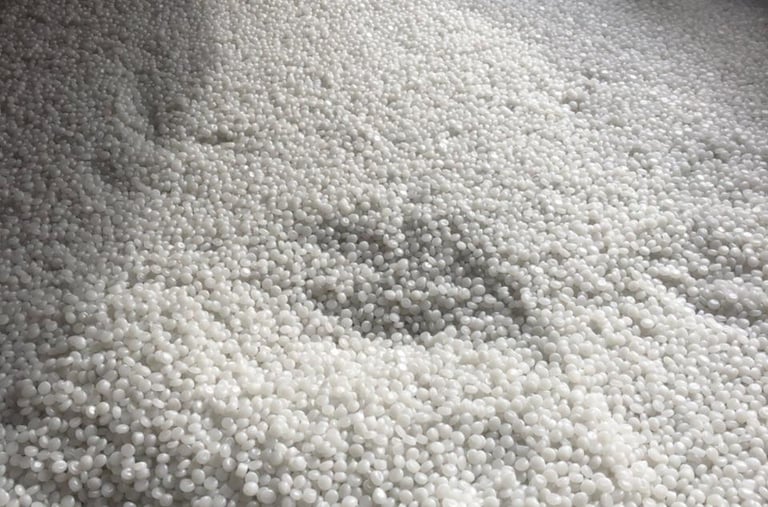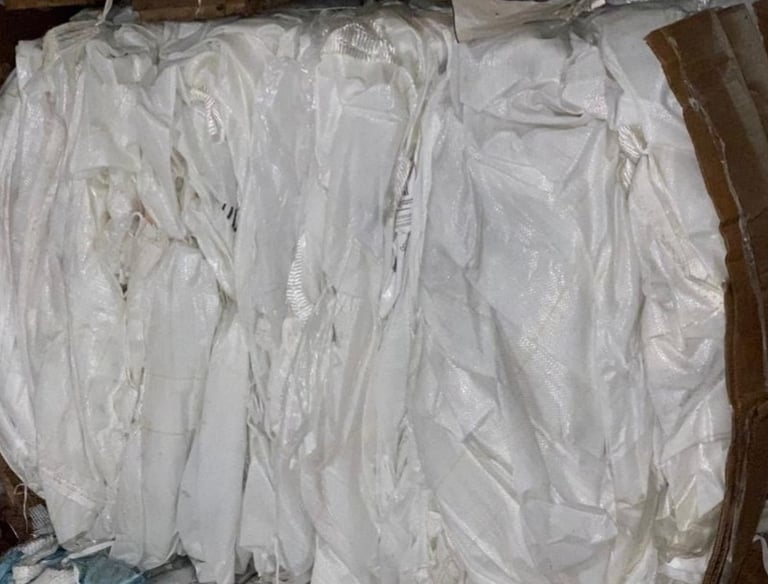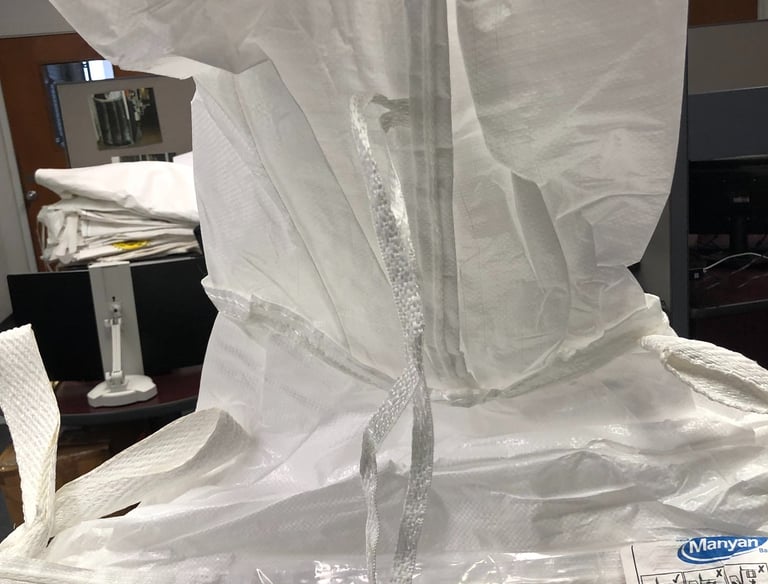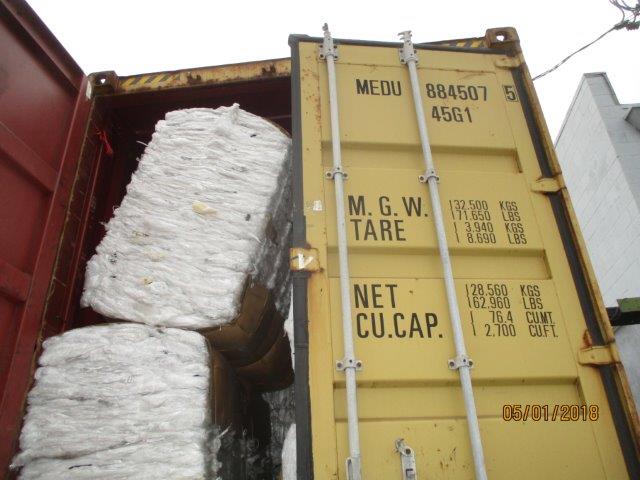

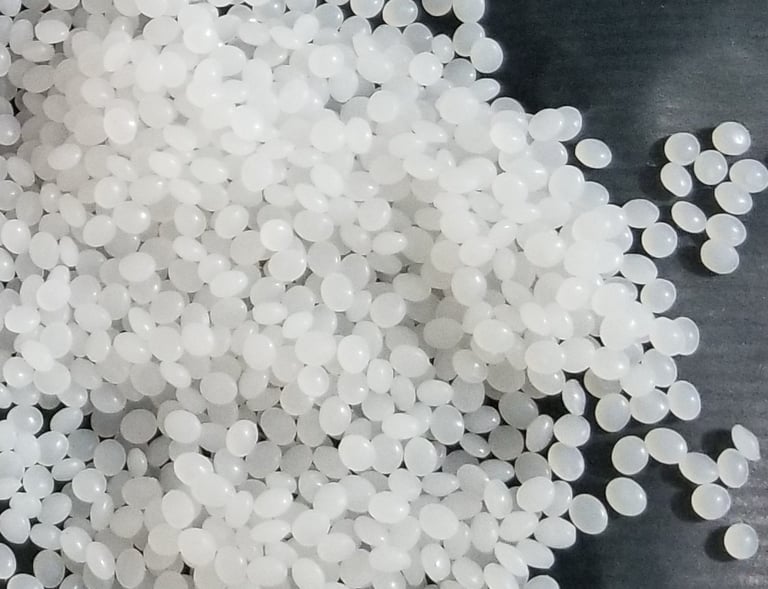



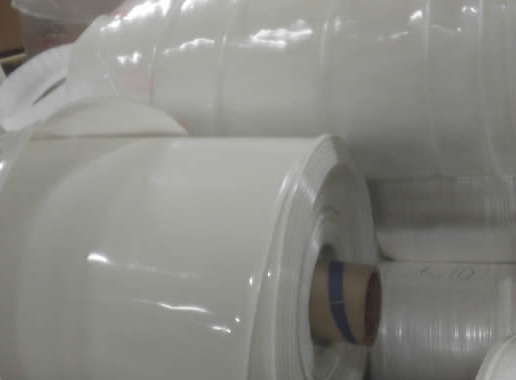

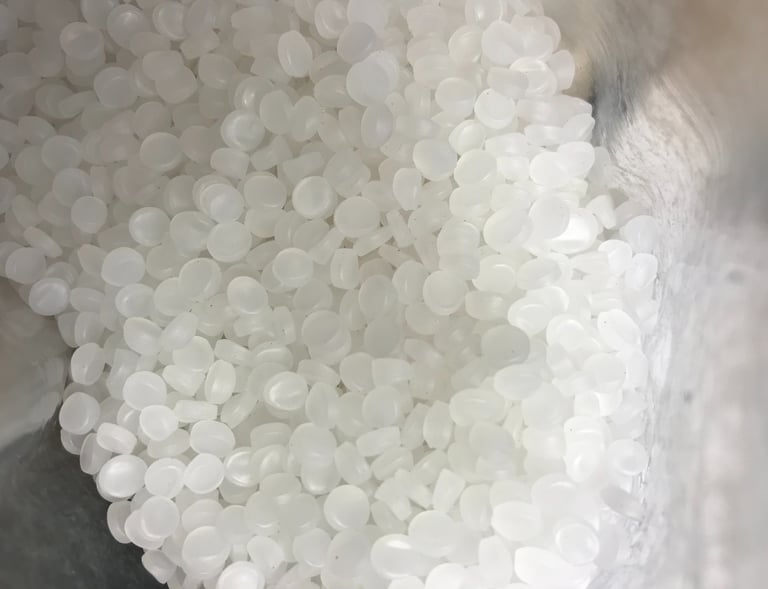

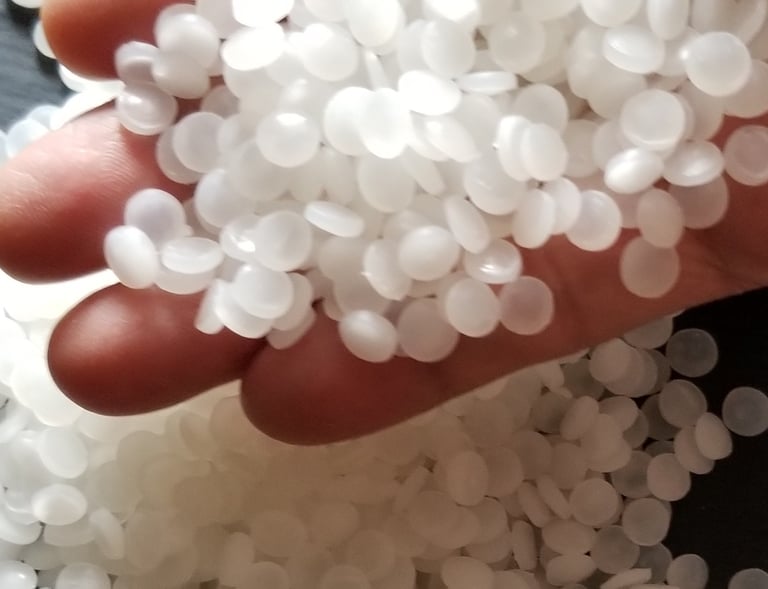

Explore our high-quality recycled plastic products and solutions.
Recycled Plastic
Plastics are synthetic materials made from polymers, which can be derived from petroleum or natural gas. Recycling plastic involves several steps:
Collection: Plastics are collected from various sources, including households, businesses, and recycling centers.
Sorting: The collected plastics are sorted by type (e.g., PET, HDPE, PVC) using manual or automated methods.
Cleaning: Contaminants such as labels, dirt, and food residues are removed to ensure the quality of the recycled material.
Shredding: Cleaned plastics are shredded into smaller pieces to facilitate processing.
Melting and Reforming: The shredded plastic is melted down and reformed into new products or pellets that can be used in manufacturing.
Recycled plastics can be used to create a wide range of products, including containers, clothing fibers, automotive parts, and construction materials.
Non-Ferrous Metals
Non-ferrous metals do not contain iron and include materials such as aluminum, copper, lead, zinc, brass, and precious metals like gold and silver. The recycling process for non-ferrous metals includes:
Collection and Sorting: Non-ferrous scrap metals are collected from various sources such as construction sites, industrial facilities, and consumer products. They are sorted based on type using magnets (to separate ferrous from non-ferrous) and other sorting technologies.
Cleaning: Similar to plastics, non-ferrous metals must be cleaned to remove contaminants that could affect the quality of the recycled metal.
Melting: The cleaned metals are melted in furnaces at high temperatures specific to each metal type (e.g., aluminum melts at around 660°C).
Refining: After melting, the molten metal undergoes refining processes to eliminate impurities through methods like electrolysis or chemical treatments.
Casting: Finally, the purified molten metal is cast into shapes such as ingots or sheets for use in manufacturing new products.
Non-ferrous metals are highly valued for their properties such as lightweight nature, corrosion resistance, and conductivity.
Conclusion
Both recycled plastics and non-ferrous scraps play vital roles in sustainable resource management by reducing waste and conserving natural resources through recycling processes that transform these materials into new products. You can purchase bulk recycled LDPE granules, recycled HDPE scrap, virgin LDPE and HDPE granules, PP scrap, PP granules, used PP jumbo sacks, and used tote boxes. We ship containers to many countries around the world.


